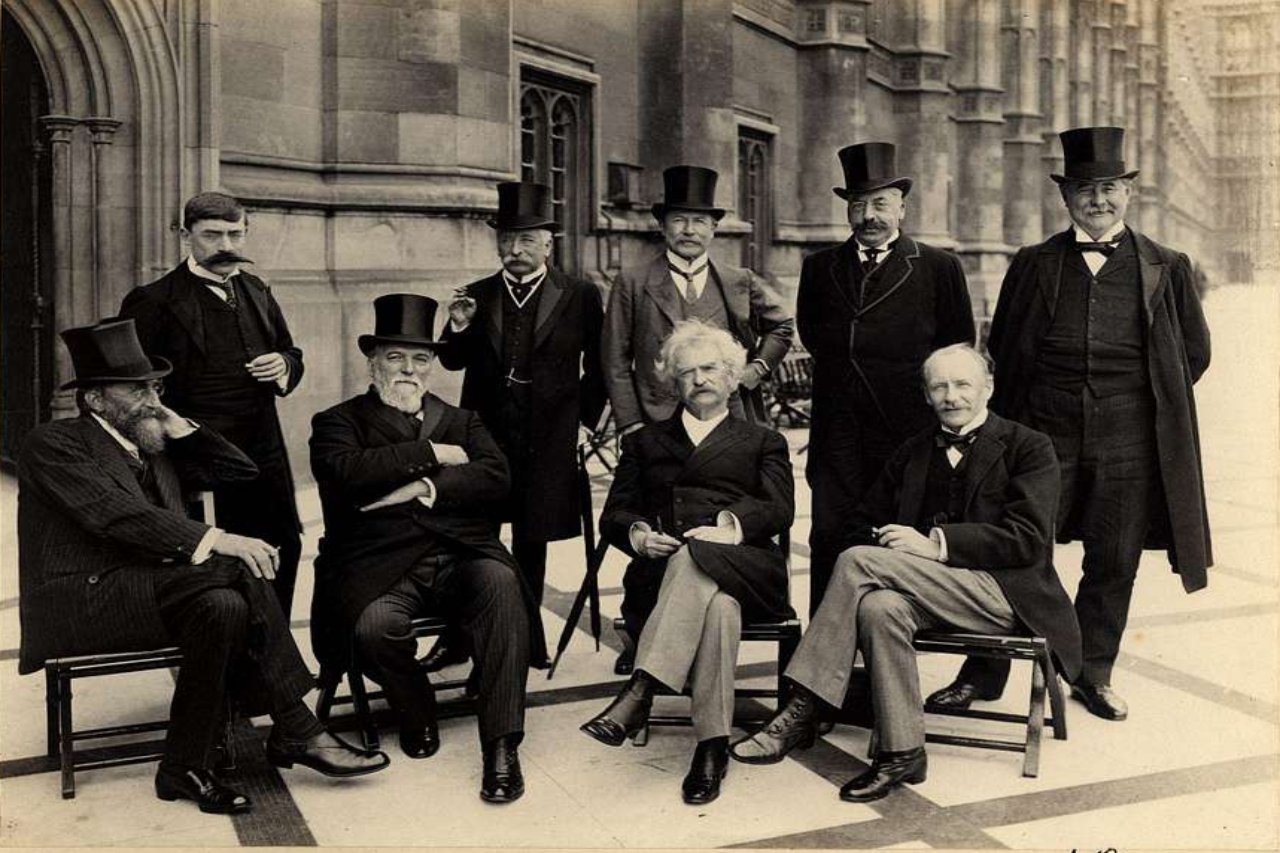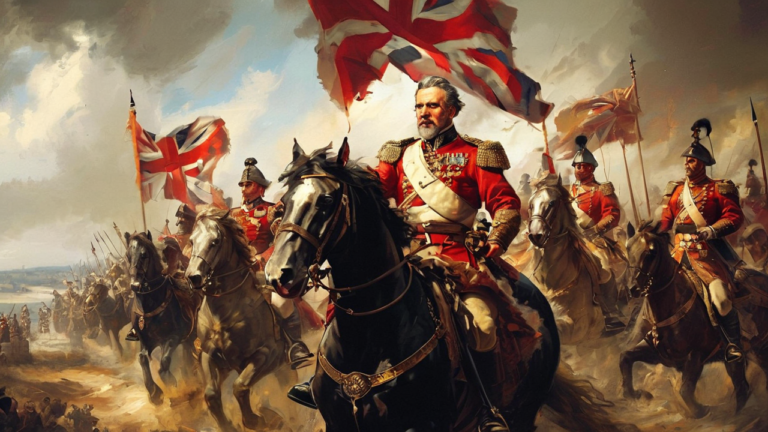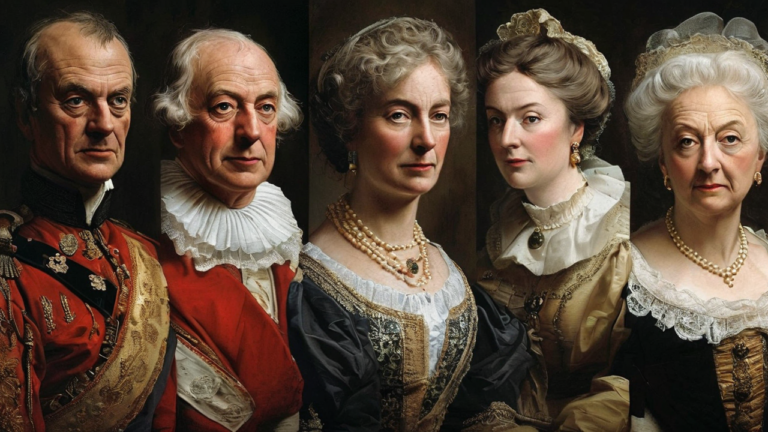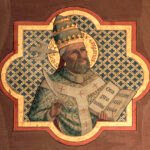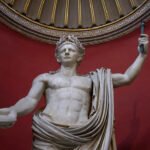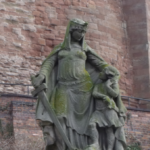British history is a tapestry woven with the legacies of capable political figures. From rulers who ruled with an iron fist to modern-day statesmen who reshaped administration, each has left a permanent mark on the nation’s identity and its part on the world stage. This article dives into the lives and roles of a few of the most powerful figures who formed the course of British history.
The Evolution of British Political Leadership
British political history is a wealthy narrative of change, from the supreme rule of rulers to an advanced parliamentary democracy. For centuries, control was concentrated in the monarchy, with kings and queens controlling the country’s course. However, with events like the Magna Carta in 1215 and the Glorious Revolution in 1688, the establishment of parliamentary democracy was laid. Over time, the balance of power moved from rulers to chosen authorities, giving rise to the complex political framework we see nowadays.
Winston Churchill: The Indomitable Wartime Leader
One cannot talk about British history without specifying Winston Churchill, the man who led Britain through its darkest hour during World War II. His administration was characterized by faithful assurance and effective rhetoric that propelled not only the British people but also the world. Churchill’s speeches, including the celebrated “We shall fight on the beaches,” resounded with a country under siege. His contribution in forming post-war Europe and his roles in the Allied victory have made him a towering figure in British history. As Andrew Roberts explores in Churchill: Walking with Destiny, his complex identity and political career uncover a pioneer who was both a pragmatist and a visionary.
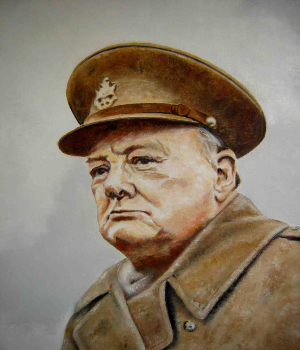
Margaret Thatcher: The Iron Lady and Her Economic Revolution
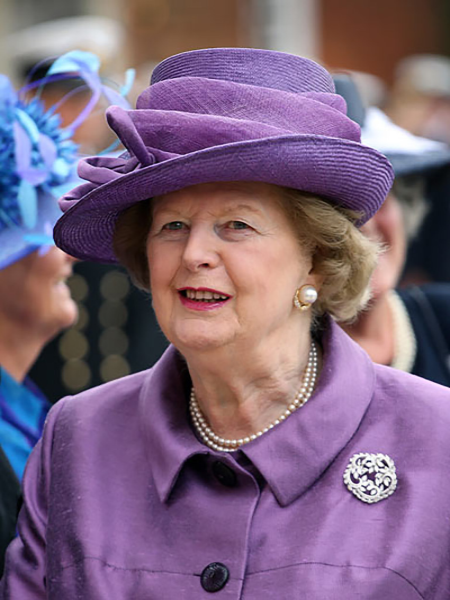
Margaret Thatcher, Britain’s first female Prime Minister, brought clearing changes to British society. Known as the “Iron Lady,” she championed free-market approaches, privatized state-owned businesses, and curbed the control of trade unions. Her financial approach, named “Thatcherism,” reshaped British society and sparked debates that proceed to this day. While she changed the economy, her approaches also extended social divisions, gaining her both admiration and furious feedback. Charles Moore’s Margaret Thatcher: The Authorized Biography offers an in-depth investigation of her life, shedding light on the personal and political powers that shaped her rule.
Queen Elizabeth I: The Architect of the Elizabethan Age
Elizabeth I ruled during one of the most culturally wealthy periods in British history—the Elizabethan Age. Her administration saw England rise as a global control, with accomplishments in exploration, the arts, and military strength, most eminently the vanquish of the Spanish Armada in 1588. Elizabeth’s rule also saw the flourishing of English literature, with Shakespeare and Marlowe making masterpieces that proceeded to impact culture nowadays. John Guy’s Elizabeth: The Forgotten Years gives a nuanced look at her later years, investigating how her administration and personal choices controlled England into an era of relative peace and success.
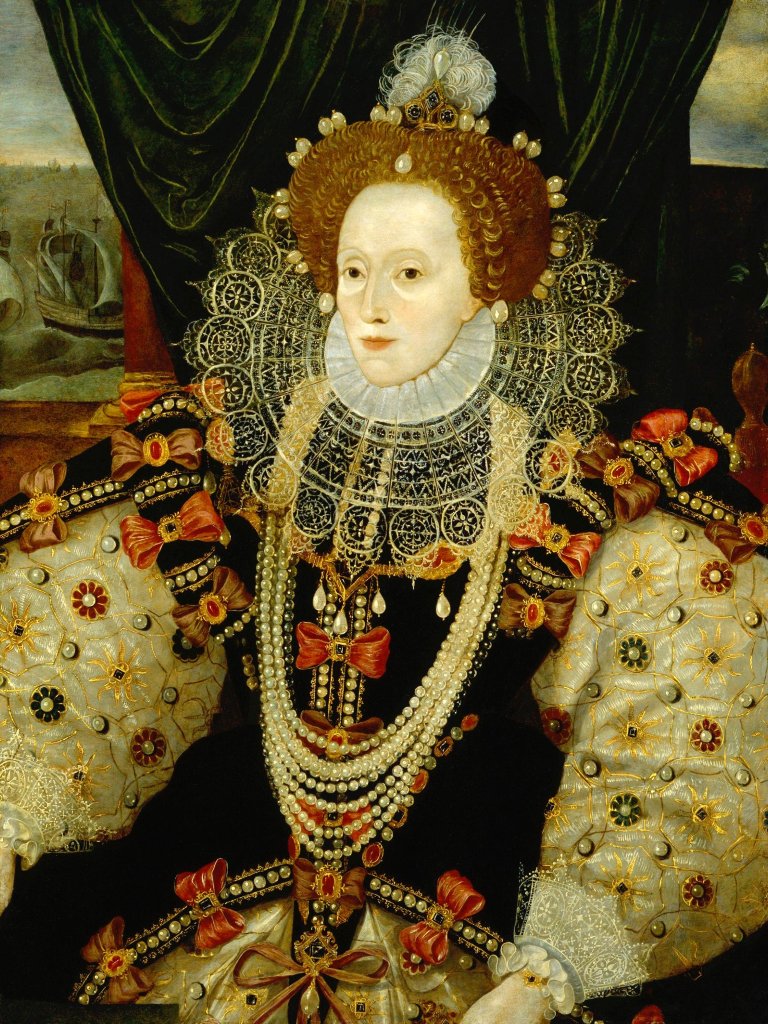
Oliver Cromwell: The Revolutionary Who Reshaped British Governance
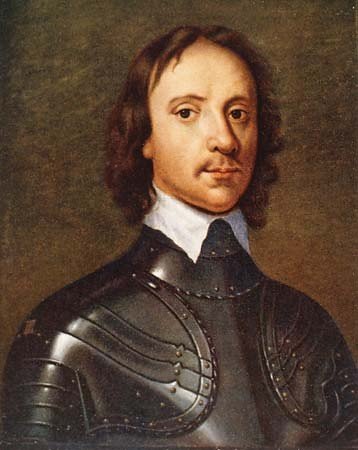
Oliver Cromwell is perhaps one of the most polarizing figures in British history. As a leader of the Parliamentarian strengths during the English Civil War, he played a key part in the temporary cancelation of the monarchy and the foundation of the Commonwealth. As Ruler Protector, Cromwell ruled with near-absolute control, upholding Puritanical approaches that changed the social and political scene of Britain. His questionable legacy is explored in Antonia Fraser’s Cromwell: Our Chief of Men dives into the complexities of his rule and the persevering impact of his progressive administration.
Tony Blair: Modernizing the Labour Party and Leading New Labour
Tony Blair’s authority as Prime Minister stamped a noteworthy move in British politics. His “New Labour” movement pointed to modernizing the party by blending dynamic social approaches with market-friendly economics. Blair’s authority brought about major changes in education, health care, and social welfare. However, his choice to support the U.S. in the Iraq War cast a long shadow over his legacy, driving broad criticism. In Blair, Anthony Seldon gives an in-depth analysis of Blair’s transformative yet divisive part in forming modern Britain.
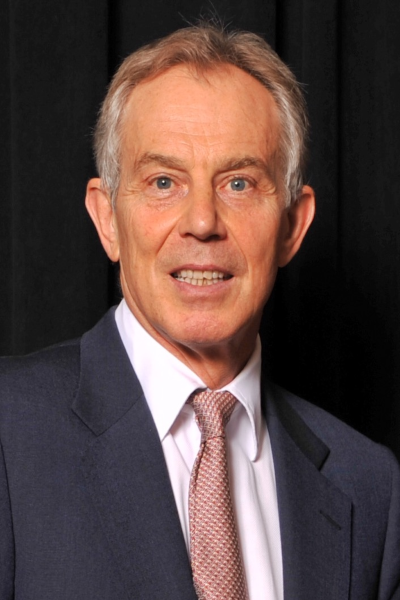
William Gladstone: The Iconic Leader of Liberalism
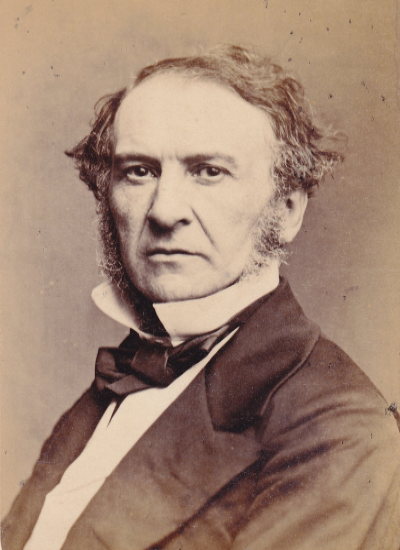
William Gladstone served as Prime Minister four times, advocating for social reforms, Irish Home Rule, and the expansion of the British electorate. His rivalry with Benjamin Disraeli defined an era of political change and reform. Gladstone’s vision of a more inclusive and socially just Britain resonated deeply during his time and continues to influence liberal ideologies today. Roy Jenkins’ Gladstone: A Biography offers a comprehensive look at this towering figure, whose political ideals still echo in contemporary British liberalism.
Benjamin Disraeli: The Visionary Conservative and Imperialist
Benjamin Disraeli, a brilliant speaker and strategist, was central to the advancement of modern British conservatism. His focus on growing the British Realm and his close relationship with Queen Victoria cemented his status as one of Britain’s extraordinary statesmen. Disraeli’s policies centered on social changes, public health, and urban reestablishment, which laid the foundation for a more dynamic Conservative party. Robert Blake’s Disraeli: A Biography gives an engaging narrative of Disraeli’s life, highlighting his roles in British politics and the Empire.
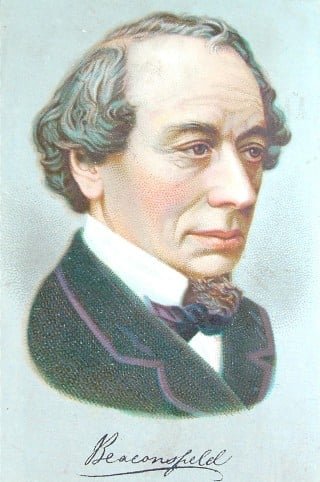
David Lloyd George: The Architect of the Welfare State
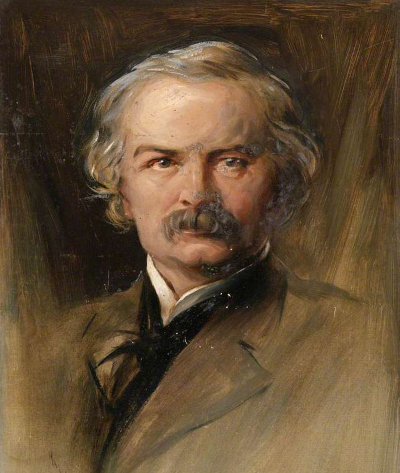
David Lloyd George, Prime Minister during the latter half of World War I, was an impulsion behind the creation of the advanced welfare state. His administration during the war and his part in forming post-war Europe are essential moments in British history. Lloyd George’s changes, including national insurance and pensions, laid the establishment of Britain’s welfare state. John Grigg’s Lloyd George: War Leader, 1916-1918 offers a deep dive into his wartime authority and the noteworthy social changes he championed.
Clement Attlee: The Labour Leader Who Built Modern Britain
Clement Attlee’s government, following World War II, brought significant changes to Britain. Under his administration, the National Health Service (NHS) was established, industries were nationalized, and social lodging expanded. Attlee’s vision of a welfare state fundamentally changed British society, making a model that still exists nowadays. John Bew’s Citizen Clem: A Biography of Attlee highlights how Attlee’s calm assurance and commitment to social equity built the establishment of modern Britain.
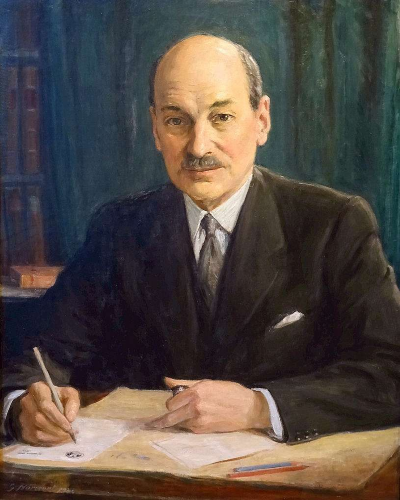
The Power of Political Rhetoric in Shaping British History
The capacity of these leaders to influence public opinion and motivate activity was often rooted in their rhetorical abilities. Churchill’s stirring wartime speeches, Thatcher’s assertive statements, and Blair’s clean media appearances all emphasize the critical part of communication in political authority. These figures understood how to craft messages that resounded with both the masses and the political elite, thereby forming not just policies but also public sentiment.
The Role of Political Figures in Defining British Identity
British national identity has been significantly shaped by these influential leaders. Through their policies, speeches, and symbolic actions, they helped define what it means to be British. From Churchill’s embodiment of British resilience during WWII to Elizabeth I’s creation of a distinct cultural identity in the Elizabethan era, these leaders crafted legacies that resonate in the fabric of British society even today.
Legacy and Modern Influence of Historical British Leaders
The legacies of these pioneers expand beyond their time in office. Modern political discourse in Britain is still impacted by Churchill’s resilience, Thatcher’s financial approaches, and Attlee’s social changes. They are regularly cited in modern political debates, and their lives have been immortalized in books, movies, and public monuments. Their impact endures, reminding us that history isn’t just about events but about the people who formed them.
Conclusion
The political figures discussed have not only shaped the trajectory of British history but also left lasting legacies that continue to influence the world today. From wartime leadership to groundbreaking social reforms, their contributions have molded Britain into the nation it is today. Understanding their lives and decisions offers valuable insights into the forces that have shaped modern governance, society, and British identity.
FAQs
1. Who was the most influential British Prime Minister?
Winston Churchill is often considered the most influential due to his leadership during World War II, though figures like Margaret Thatcher and Clement Attlee also had profound impacts on British society.
2. How did Margaret Thatcher change British society?
Thatcher’s policies focused on reducing the power of the state, privatizing industries, and promoting individual entrepreneurship, leading to significant economic shifts but also increased social inequality.
3. What was Winston Churchill’s greatest achievements?
Churchill’s greatest achievement was his leadership during World War II, where his resolve and speeches galvanized the British people during the most challenging times.
4. How did Queen Elizabeth I strengthen the British monarchy?
Elizabeth I’s reign marked a period of relative stability, cultural flourishing, and military success, which strengthened the monarchy’s position and defined an era that is still celebrated today.
5. Why is Oliver Cromwell a controversial figure in British history?
Cromwell is controversial due to his role in the English Civil War, his authoritarian rule as Lord Protector, and his harsh policies in Ireland, which have led to both admiration and condemnation in historical assessments.

